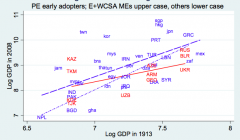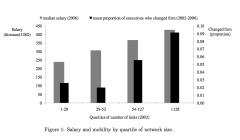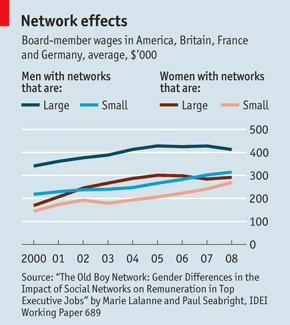This paper from Mark Glick, Greg Richards, Margarita Sapozhnikov and me is now published in Review of Industrial Organization, and is available under Open Access here.
Here is the abstract:
This paper investigates whether a search engine’s ordering of algorithmic results has an important effect on website traffic. A website’s ranking on a search engine results page is positively correlated with the clicks that it receives. This could result from the search engine’s accurately predicting the websites relevance to users. Or it could result from users merely clicking on the highest ranked links, regardless of the website’s relevance. Using a unique dataset, we find that a website’s rank, not just its relevance, strongly and significantly affects the likelihood of a click. We also find evidence that rank influences CTRs partly by controlling access to the scarce attention of users, but primarily by substituting the reputational capital of the search engine for the reputation of individual websites.





